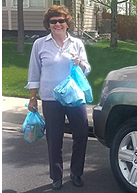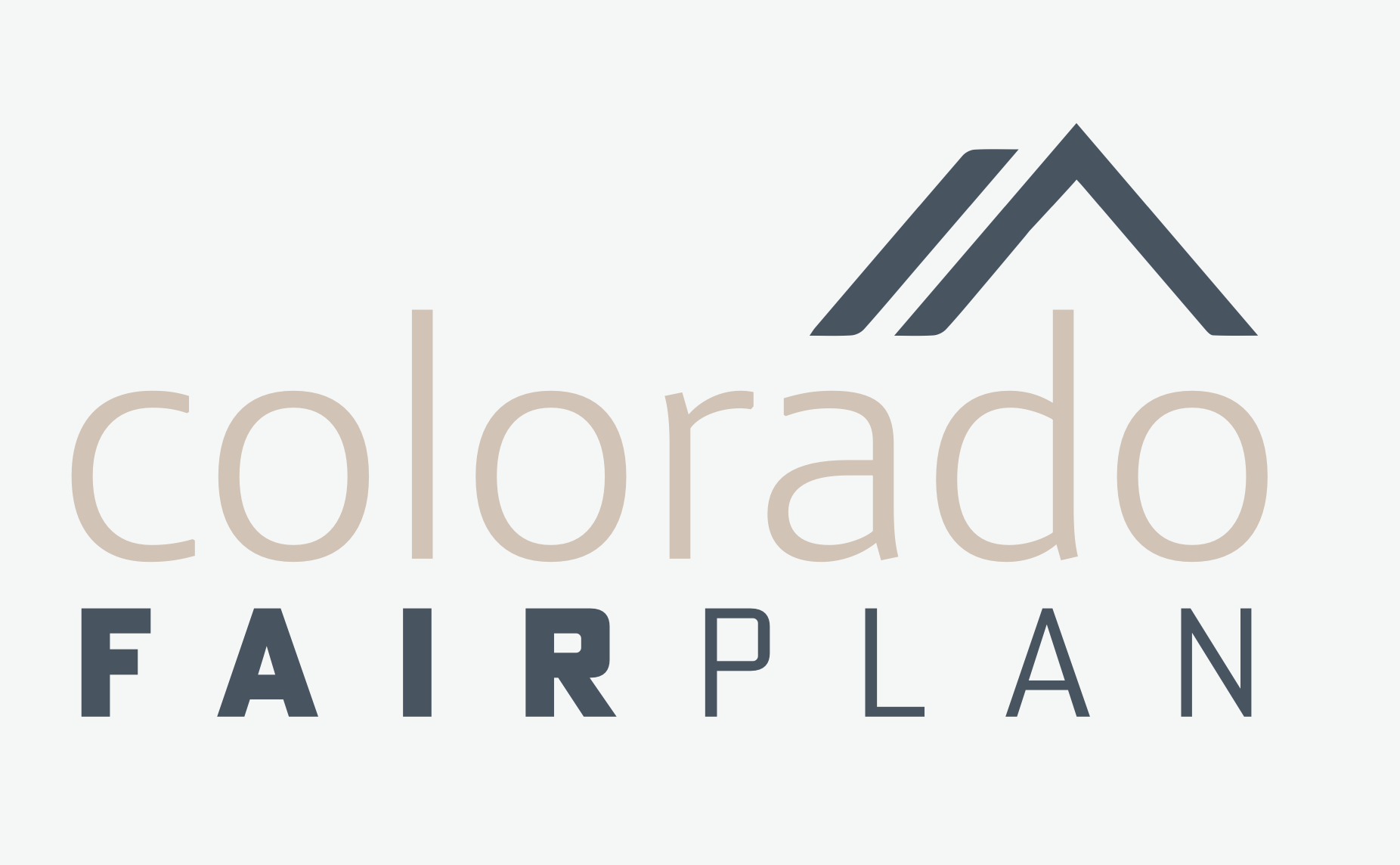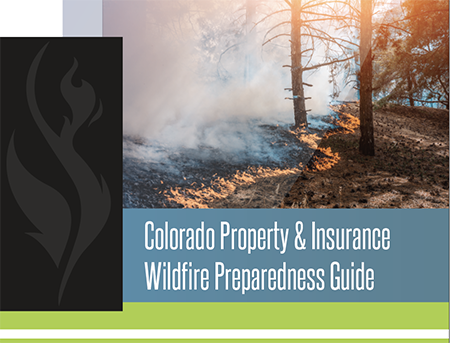|
|
|||||||||||||||||||||||||||||||||||
|
|
|
|
|||||||||||
#Get Insurance Ready for Winter Winter has officially settled into the Rockies, bringing snow, ice, and plenty of opportunities for weather surprises. Take a few minutes to review our winter safety and insurance tips — a little preparation now can go a long way toward keeping you safe and protected when storms roll through. What homeowners need to know: Most homeowners’ insurance policies provide protection against common winter hazards, including burst pipes, ice dams that cause water to back up under shingles, and damage from the weight of snow or ice. Reviewing your policy before severe weather hits can help ensure your home — and your peace of mind — are protected.http://www.rmiia.org/homeowners/Cold_Weather_Frozen_Pipes.asp For more information on insurance & Colorado winter storms: AAA helps pack your trunk for winter driving emergencies: https://www.youtube.com/watch?v=m5LkTkW3TDY#t=27 FEMA Guide: “How to Prepare for a Winter Storm” |
Breaking News:
Click Here to learn more about the Colorado FAIR Plan RMIA Virtual Events Don't miss out on RMIA Virtual Events in 2026. Click on the links below for more information: Come back soon to see the schedule for our next RMIA Lunch and Learn! Also, don't forget to join our RMIA Small Donor Committee and be a part of something that can make a difference in your community and state! Click here to see how you can join!
Here's what you need to know: What to do after a Catastrophe |
|
|
|
|
|||||||||||||||
303-790-0216 • 800-355-9524 • Contact Us • Legal Notice, Disclaimer & Terms of Use
Home • About RMIIA • News Room • P&C Insurance Industry • Auto • Homeowners • Business • Catastrophes • Agent Resources • Events & Education • Brochures




